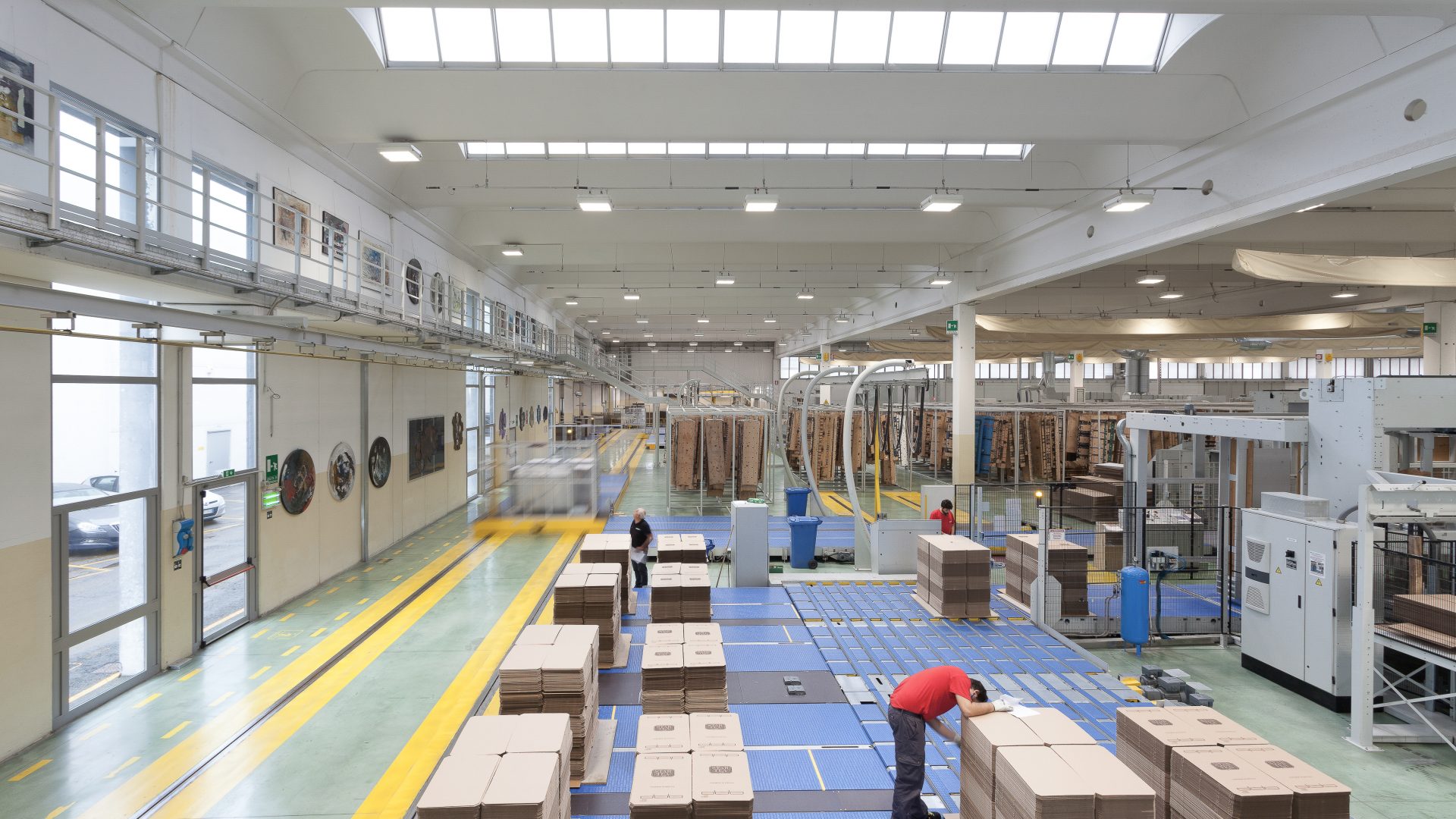Smart manufacturing and industry 4.0: perspectives for the post Covid restart

If we are to find a positive effect caused by the Covid 19 pandemic, we must certainly look for it in the environmental improvement due to the quarantine, which has probably further turned the spotlight on the issues of recycling and recovery. However, the results achieved could be entirely momentary, because in phase 2 and 3 we will deal with what were the side effects of the lockdown on the economy.
For example, the decline in oil could overshadow the search for green and sustainable mobility, because it is less convenient; or we will see greater environmental pollution due to the indiscriminate abandonment of masks and gloves on the street, a disturbing reality that concerns small and large territorial realities from North to South.
In this sense, we need to work to ensure that environmental and recycling issues are dealt with continuously and constantly.
Public opinion and recovery actions in Phase 1
According to a survey conducted by TwoSides, cellulosic packaging is preferred because it is completely recyclable. The same aspect is recognized to glass. In particular, the research shows that the Italian citizen shows greater sensitivity than the other European citizens.
Thanks to this sensitivity and the evolution of the system linked to the collection and recycling of paper, we have gone from being importers of paper to be recycled to exporters. Certainly an important role was played by Conai and Comieco through funding and the action of the consortium for the recovery of paper and cardboard packaging.
Recycling continued during Phase 1 as well.
Post Covid outlook for recycling
Covid 19 has brought to world attention the fact that the environment has a delicate balance and that the alteration of environmental changes and climatic upheavals can favor the proliferation of new viruses.
It will be important in this context to implement production processes according to the principles of the circular economy. This means starting from the excellent results achieved so far in the field of recycling and implementing them taking into account the entire supply chain: from the birth of the product to its use, recycling and reuse.
A crucial role will be played by the funding that will be allocated to improve the plant for the treatment of packaging materials.
In addition, a turning point will be determined by the creation of “talking packaging” that offers the end user the opportunity to dispose of waste in the right way, especially when it comes to polylaminates, used most in the food sector. All this will be possible through an augmented reality app.
From this point of view, Italy is a promoter of technologies for the differentiation of polylaminate waste. In addition, it is possible to carry out projects that allow, within the collection of paper, to further investigate the differentiation of waste, in particular outside of commercial establishments and in the catering sector.
The Post Covid industry: what is meant by Industry 4.0
The Covid experience has deeply affected the industrial sector, placing the emphasis on the issue of a necessary and continuous technological innovation that must be accompanied by resilience and flexibility.
In this sense, Industry 4.0 becomes synonymous with efficiency, process integration and sustainability also through the use of agile and remote work. The lockdown gave way to rethink technology by accelerating digital transformation processes to respond to the urgency for change.
Smart Manufacturing and Industry 4.0: augmented intelligence
Industry 4.0 does not mean just an investment in technology, but a real evolution in understanding the production processes following short, direct and linked chains, allowing for synergistic development.
The relationship with customers changes and is oriented towards a new efficiency, communication speed and consistency in the collaboration relationship. In this sense, new research and the development of technologies that exploit artificial intelligence play an important role.
While artificial intelligence cannot replace the creativity of the human brain, it offers a wide range of possible applications. The latter, applied to packaging and printing, allow to obtain new results that are increasingly professional and in step with market needs.
With this in mind, the promotion of a circular economy becomes desirable, precisely for the implementation of sustainable processes. Corporate sustainability makes it possible to optimize investments and solve concrete problems, without compromising the future of entire generations.
Share on:
Please contact us to receive more information or a quotation for your business. We'll give you a feedback as soos as possible.